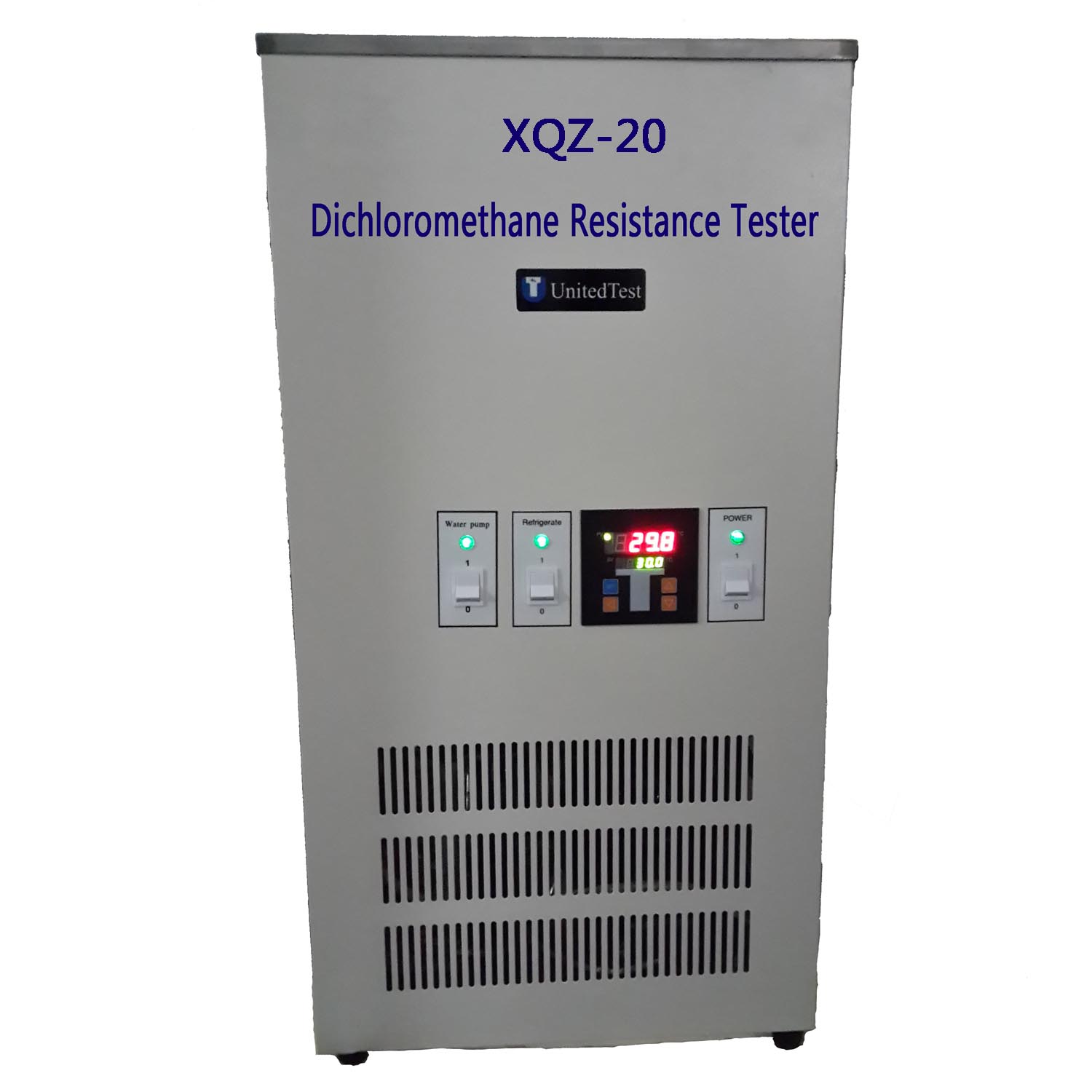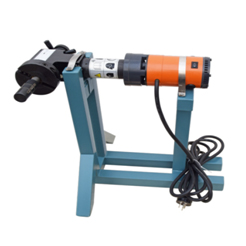Detailed explanation of Dichloromethane soak testing
The Dichloromethane test specifies a method for determining the resistance of unplasticized PVC pipes to dichloromethane at a specified temperature (DCMT). The method can be used for any homogeneous plain-walled unplasticized-PVC pipes, irrespective of their intended application.
Definition:
The dichloromethane soak test is an important method for quality control of rigid polyvinyl chloride (PVC-U) pipes, which is characterized by immersing the pipe specimen in methylene chloride solution and observing the degree of damage on the surface of the pipe after impregnation1. Based on the dissolution properties of methylene chloride on PVC materials, this test can effectively evaluate the plasticization degree and uniformity of the pipe, which will directly affect the long-term hydrostatic properties and service life of the pipe.
Main uses:
1. Quality control: As an important testing item in the production process of PVC-U pipes, it ensures that the product meets quality standards.
2. Performance evaluation: characterize the plasticization degree and uniformity of the pipe and predict its long-term use performance.
3. Material Comparison: Used for performance comparison of different batches or different formulations of tubes.
4. Standard compliance verification: verify whether the product meets the requirements of relevant national standards.
Test methods and steps
Test equipment and materials
• Methylene chloride tester: analytically pure, used as an impregnation solution (boiling point 40°C, careful handling).
• Constant temperature bath: Keep the temperature of the impregnation constant (usually 15±0.5°C, 20±0.5°C or 30±0.5°C).
• Distilled water: used to form a water seal on methylene chloride to reduce evaporation
• Cutting tool: for preparing specimens
• Measuring tools: vernier caliper, angle ruler, etc
Sample preparation
1. A 160mm long pipe section is intercepted from the pipe to be tested.
2. The specimen section is carefully turned with a right-angle turning tool and sanded with 800 gauge water sandpaper until smooth and flat.
3. For large-diameter pipes, they can be cut into 2-4 pieces along the axial direction
4. Use a dry rag to clean the inner and outer surfaces of the specimen.
Test steps
1. Pour methylene chloride (about 30mm deep) into the stainless steel container, and then slowly add distilled water to form a water sealing layer not less than 20mm thick.
2. Place the specimen container in a thermostatic bath and adjust it to a specified temperature (e.g., 15°C±0.5°C).
3. Clamp the specimen onto the holding clamp, ensuring that one end of the grinding surface is immersed in methylene chloride.
4. After 30 minutes of impregnation, the specimen is raised and dripped in the air for 10-15 minutes.
5. After drying for at least 15 minutes, check the inner and outer surfaces and cross-sections of the specimen.
6. Measure the length of the break, record all changes.
Result determination: based on the calculation of failure or no failure, the percentage of failure of the inclined plane and the calculation of the failure percentage in the circumferential direction of the inclined plane.
Related Standard:
ISO 9852 “Plastics piping systems - Unplasticized poly(vinyl chloride) (PVC-U) pipes - Test method for the resistance to dichloromethane at a specified temperature (DCMT)
EN 580 “Plastics piping systems - Unplasticized poly(vinyl chloride) (PVC-U) pipes - Test method for the resistance to dichloromethane at a specified temperature (DCMT)”
Key test parameters:
parameter | Technical requirements: | remark |
Test temperature | T±0.5℃(≥12℃) | Common 15°C, 20°C or 30°C |
Soaking time | 30±1 min | Strict control |
Sample preparation | Choose the chamfer angle according to the wall thickness (10°-30°) | Avoid mechanical heating |
Thickness of the water sealing layer | ≥20mm | Reduces reagent evaporation |
Beijing United Test Co.,Ltd. export@unitedtest.com offer the testing equipment of Detailed explanation of Dichloromethane soak testing, Methylene chloride resistance test. Contact us now : export@unitedtest.com, unitedtest@hotmail.com












